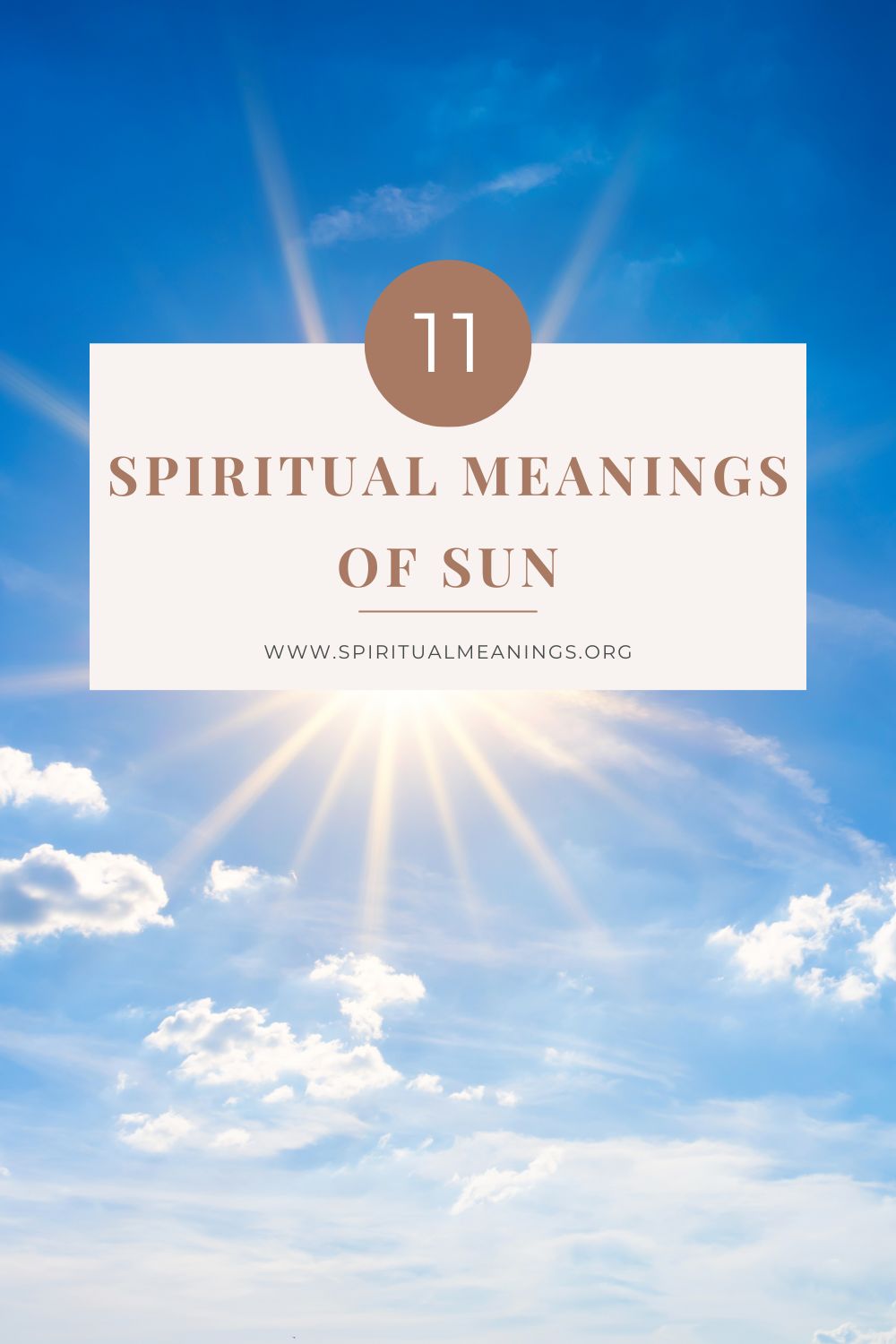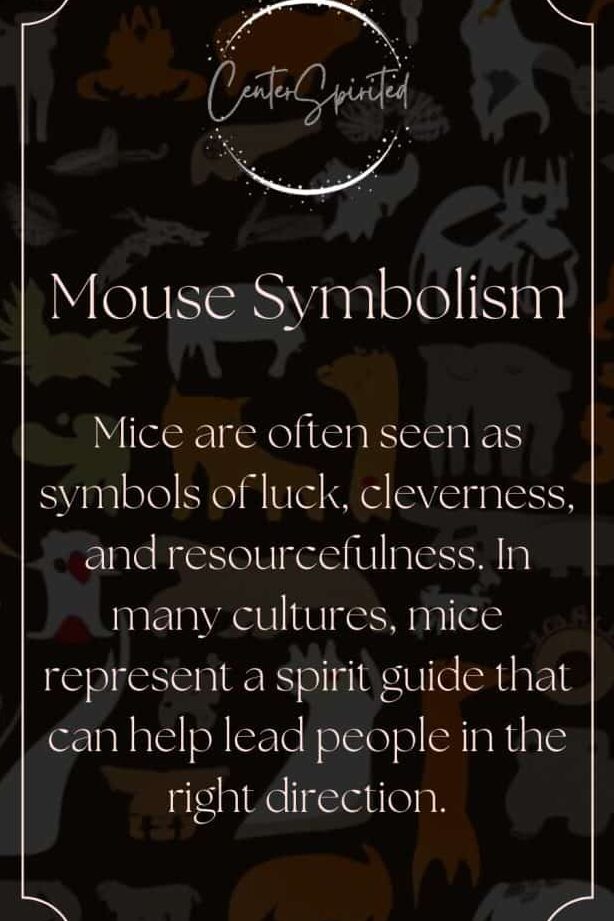Sun Symbolism Spiritual Meanings
The sun symbolizes spiritual meanings such as enlightenment, vitality, and life force. In various cultures and religions, it is seen as a powerful source of energy and a representation of divine consciousness.
The sun’s brilliance and warmth are often associated with spiritual enlightenment and inner awakening, while its position as the center of our solar system symbolizes life and vitality. Additionally, the sun’s daily journey across the sky has been interpreted as a metaphor for the soul’s journey towards self-realization and understanding.
The sun’s symbolism in spiritual contexts holds great significance and offers guidance for spiritual growth and transformation.

Credit: islandbykoanani.com
The Power Of The Sun
Sun symbolism holds deep spiritual meanings, symbolizing vitality, enlightenment, and life force energy. Its radiance signifies spiritual awakening and the divine presence in various cultures and religions. Explore the profound power of the sun and its transformative impact on our spiritual journey.
The Sun As A Universal Symbol
Throughout history and across cultures, the sun has been revered as a universal symbol of power, light, and life. Its radiance and warmth have captivated human beings since time immemorial. From the ancient Egyptian god Ra to the Aztec deity Huitzilopochtli, the sun holds a prominent place in religion, mythology, and symbolism. It represents vitality, growth, and illumination, serving as a reminder of our connection to the divine and the energy that sustains all life on Earth.
The Spiritual Significance Of The Sun
The spiritual significance of the sun goes beyond its physical presence in the sky. It is often associated with the element of fire and represents the divine masculine energy. The sun embodies qualities like strength, courage, and assertiveness. In astrology, it is a symbol of the ego, willpower, and the core essence of an individual’s personality. Additionally, the sun is believed to radiate positive energy that can uplift our spirits and bring about a sense of joy, enthusiasm, and creativity.
The sun’s symbolism transcends religious and cultural boundaries. It has been linked to deities such as Apollo in Greek mythology, who personified the sun’s light, healing, and prophecy. In Hinduism, the sun god Surya symbolizes the soul, knowledge, and enlightenment. In Native American traditions, the sun is often associated with the Great Spirit, representing the life-giving force and guiding light.
In spiritual practices, harnessing the power of the sun can have transformative effects. Sun gazing or sun meditation is a technique used in various traditions to absorb the sun’s energy and activate the subtle energy centers or chakras within the body. This practice is believed to enhance vitality, clarity, and spiritual awakening. It connects us to the source of life and helps us tap into our inner strength and potential.
To fully embrace the power of the sun, one can engage in daily rituals that honor its energy. Taking a walk during sunrise or sunset, practicing sun salutations in yoga, or simply basking in the sun’s warmth can be nourishing for the body, mind, and soul. Immersing ourselves in nature and soaking up the sun’s rays allows us to align with the cyclical rhythms of life and restore our natural balance.

Credit: www.spiritualmeanings.org
The Sun In Ancient Cultures
When it comes to symbolism in ancient cultures, the Sun has always held great significance. It has been revered as a powerful entity associated with creation, life, and spiritual enlightenment. Throughout history, various civilizations have worshiped the Sun and incorporated its symbolism into their spiritual beliefs. In this blog post, we will explore the role of the Sun in Ancient Egypt, Ancient Greece, and Native American spirituality.
Solar Worship In Ancient Egypt
Ancient Egyptians considered the Sun to be a divine force that sustained life on Earth. They worshiped the Sun god, Ra, who was believed to be the creator and ruler of the universe. Ra was often depicted as a hawk-headed man with a sun disk on his head, symbolizing his association with the Sun. Egyptian pharaohs considered themselves to be the sons of Ra and sought to invoke his blessings through various rituals and ceremonies.
The Egyptians built magnificent temples aligned with the path of the Sun, such as the Great Temple of Abu Simbel. These temples were designed to capture the light of the rising Sun during specific times of the year, symbolizing the eternal cycle of life, death, and rebirth. The Sun’s movement across the sky was seen as a metaphor for the pharaoh’s journey through the afterlife, ensuring their immortality.
Sun Deities In Ancient Greece
Ancient Greeks revered the Sun as a deity known as Helios. He was believed to drive a chariot across the sky, bringing light and warmth to the world. Helios was often depicted as a handsome man with a radiant crown or a golden halo, symbolizing the Sun’s brilliance. Greek mythology also included Apollo, the god of the Sun, who represented knowledge, music, and healing.
The Greeks built temples dedicated to Sun deities, such as the Temple of Apollo in Delphi. This sacred site was believed to be the center of the world and was associated with prophecy and enlightenment. The Oracle of Delphi, situated within the temple, was consulted by people seeking divine guidance, and it was believed to receive direct messages from Apollo himself.
Solar Symbolism In Native American Spirituality
In Native American spirituality, the Sun holds a special place as a symbol of life, warmth, and energy. Many tribes view the Sun as a powerful and benevolent spirit that provides light and sustenance to all living beings. Sun dances and ceremonies are performed to honor and connect with the Sun’s energy, seeking blessings for the community’s well-being.
Among the Native American tribes, the Hopi people have a rich solar tradition. Their ancient prophecies predict that a great solar purification will occur, marking the end of one era and the beginning of another. The Hopi perform sacred rituals to cultivate a harmonious relationship with the Sun, believing it to be a source of spiritual awakening, healing, and transformation.
Overall, the Sun’s symbolism in ancient cultures reflects the universal recognition of its essential role in sustaining life and the profound spiritual meanings associated with its radiant presence. From the temples of Ancient Egypt to the sacred rituals of Native American tribes, the Sun’s power continues to inspire and resonate with humanity’s spiritual quest for enlightenment.
The Sun In Modern Spirituality
The Sun has always been a powerful symbol of spirituality and divinity in various cultures and belief systems. Its radiant energy and life-giving properties have inspired awe and reverence, leading to an array of sun symbolism spiritual meanings. In modern spirituality, the Sun continues to hold great significance, representing renewal, vitality, and enlightenment. Let’s explore some of the ways the Sun is celebrated and honored in contemporary spiritual practices.
The Sun As A Source Of Life And Energy
The Sun is not only the center of our solar system but also provides the foundation for life on Earth. It radiates warmth, nourishes plants, and sustains all living beings. In modern spirituality, the Sun is seen as a powerful symbol of energy and life force. Its vibrant rays are believed to fuel our physical, emotional, and spiritual well-being.
Sun rituals and practices focus on harnessing this life-giving energy to rejuvenate and heal the body, mind, and spirit. Sunbathing, for example, is a popular method of absorbing the Sun’s energy and replenishing oneself with vital nutrients. Simply spending time outdoors, appreciating and connecting with the Sun’s radiance, can have a profound impact on one’s sense of vitality and inner harmony.
Sun Salutations In Yoga
Derived from the ancient practice of Surya Namaskar, Sun Salutations are a series of yoga poses performed in honor of the Sun. This dynamic and invigorating sequence combines mindful movements, rhythmic breathing, and deep stretches, offering a holistic tribute to the source of life and light.
Sun Salutations are not only a physical exercise but also a form of meditation in motion. Each pose in the sequence is synchronously linked to the breath, allowing practitioners to cultivate focus, balance, and gratitude. As the body flows through the poses, the mind becomes still, and the spirit awakens to the Sun’s transformative power. Sun Salutations are believed to activate the solar plexus chakra, enhancing vitality, confidence, and self-expression.
Solar Meditations And Rituals
Intentional meditation and rituals focusing on the Sun offer a profound opportunity to attune to its spiritual significance. Solar meditations often involve finding a quiet space outdoors, ideally during sunrise or sunset, and allowing oneself to become fully present in the moment. With closed eyes and an open heart, individuals can experience the warmth of the Sun’s nurturing energy and embrace its transformative qualities.
In addition to meditation, various rituals and ceremonies celebrate the Sun’s influential role in our lives. Lighting candles or bonfires, creating artwork or mandalas inspired by the Sun, and practicing affirmations that express gratitude for its life-giving properties are all ways to pay homage to this celestial body. These practices serve as a reminder of the immense power and spiritual significance held within the radiant orb that graces our skies each day.

Credit: www.pinterest.com
Frequently Asked Questions On Sun Symbolism Spiritual Meanings
What Does The Sun Symbolize?
The sun symbolizes warmth, light, vitality, and life. It represents energy, power, growth, and enlightenment across different cultures and religions. Its radiance reflects hope, positivity, and a new beginning each day. The sun is often associated with gods, fire, and celestial bodies, signifying strength and transcendence.
What Is The Deep Meaning Of The Sun?
The sun holds great significance as a vital source of light, heat, and energy for our planet. It is a symbol of life, power, and renewal, inspiring awe and wonder. It also plays a crucial role in various cultural, religious, and scientific contexts, making it a subject of deep admiration and study.
Is The Sun A Symbol For God?
Yes, the sun is often used as a symbol for God in various cultures and religions.
What Is The Spiritual Meaning Of The Sun Rising?
The spiritual meaning of the sun rising is often associated with new beginnings, hope, and enlightenment. It symbolizes the start of a new day and offers a sense of renewal and positivity. Witnessing the sun rising can inspire a sense of awe and remind us of the beauty and power of nature.
Conclusion
To conclude, sun symbolism holds significant spiritual meanings across cultures, representing various aspects of life from warmth and abundance to awakening and enlightenment. Recognized as a source of light, energy, and vitality, the sun symbolizes the eternal cycle of life and the interconnectedness of all things.
Understanding its symbolism can provide profound insights into our own spiritual journeys and foster greater appreciation for the divine energy that permeates our world. Embrace the powerful symbolism of the sun to illuminate your spiritual path and harness its transformative energy.





